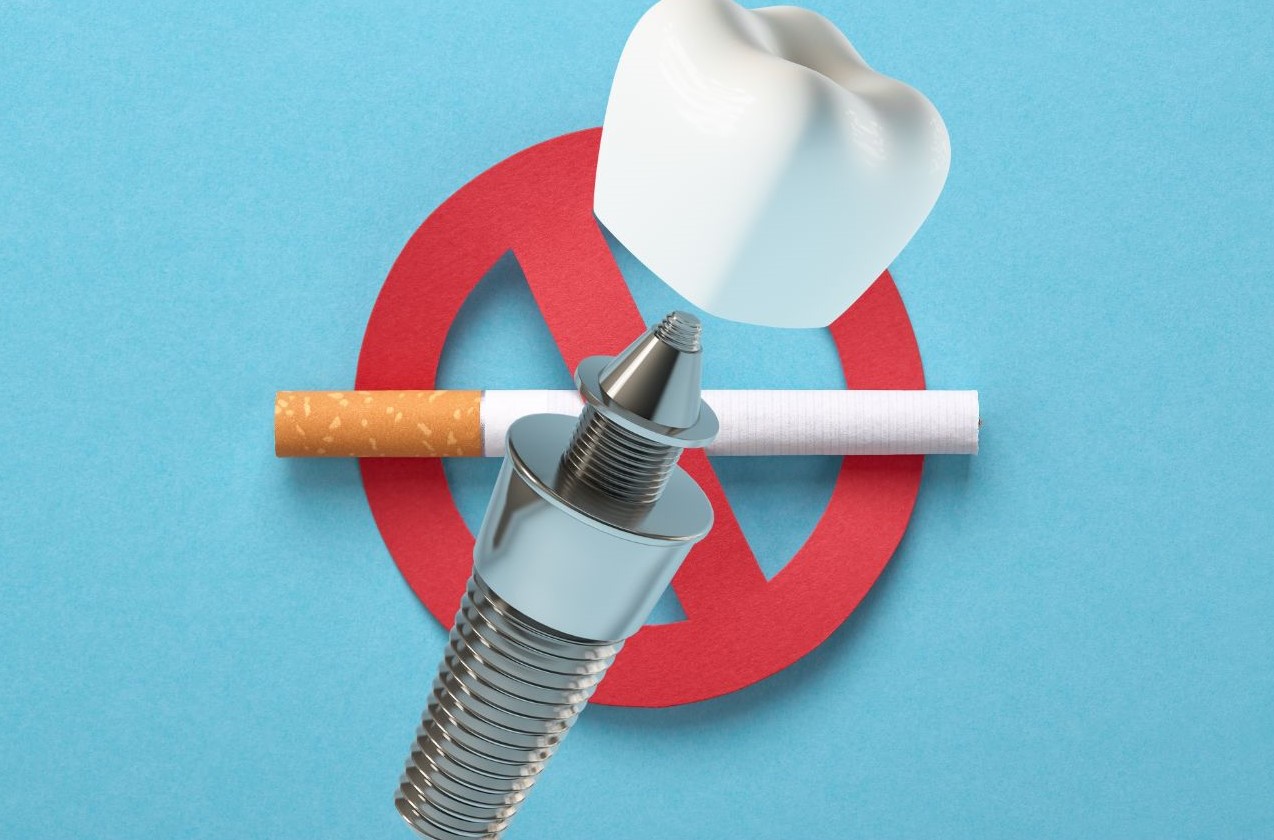Smoking and All on 6 Dental Implants
Smokers can have All-on-6 dental implant surgery, despite the general recommendation that patients give up smoking prior to the procedure. However, smoking may negatively impact the outcome and long-term health of dental implant procedures.

Smoking can delay healing by lowering the amount of blood and oxygen that reach the surgical site. This could result in an increased risk of infection, a slower rate of healing, and a higher chance of implant failure.
Because smoking weakens immune systems, smokers are more prone to sickness. An infection that prevents the dental implants from integrating with the jawbone might lead to implant failure.
Smoking has been connected to a slower rate of bone renewal and a decrease in bone density. Sufficient bone density and quality are critical for the long-term success of dental implants.
Smoking raises the chance of periodontal disease, also referred to as gum disease, which can lead to bone loss and compromise the stability of dental implants.
It is highly recommended that smokers give up their habit before having All-on-6 dental implant surgery because of these risks. Giving up smoking at least a few weeks prior to surgery can assist increase the likelihood of success. This leads to better healing, a decreased chance of issues, and enhanced long-term implant stability.
If you intend to have All on 6 dental implant surgery, it is imperative that you and your dentist talk about your smoking habits. They can provide guidance on quitting smoking and recommend postponing the operation until you have achieved success in quitting.
Quitting smoking improves overall and oral health in addition to increasing the chance that dental implant surgery will be successful. Seeking support from medical professionals, programmes, and resources can help increase your chances of successfully stopping smoking.
In the end, you and your dentist should decide whether to move forward with All-on-6 dental implant surgery. You should consider your overall health, the condition of your oral tissues, and any possible risks related to smoking.
If you have any questions you do not find here, please contact us.
